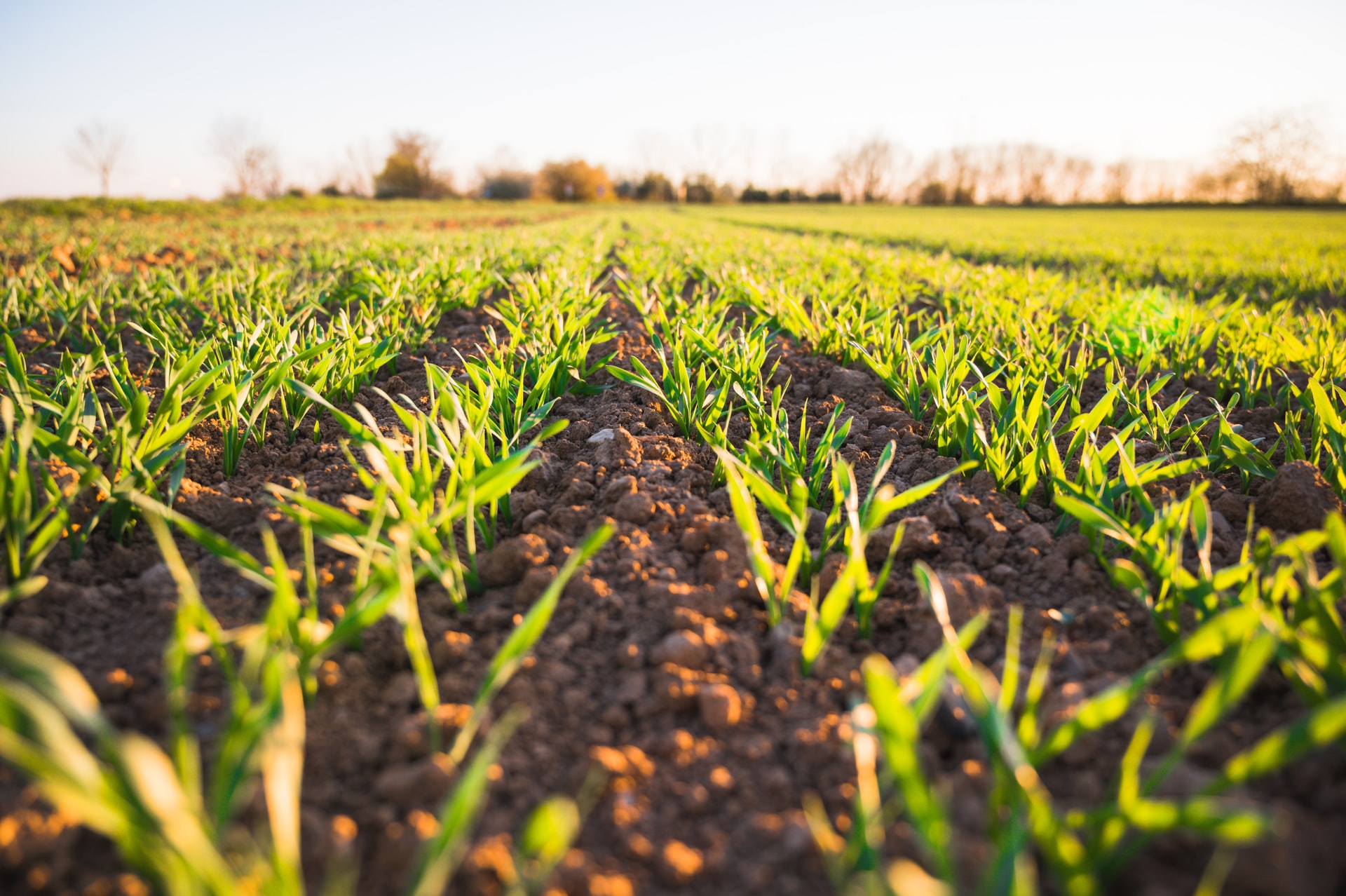
Comment Writer James Konn weighs up government efforts to reduce meat consumption in the fight against climate change, offering solutions that the government may be failing to consider
Meat consumption in the UK has reduced by 17% since 2008/9. As a vegetarian who cares about the future of the planet, I welcome this change. Despite the many comments I have received, being vegetarian or even vegan is slowly creeping more into the mainstream as many individuals see the benefit of reducing their animal product intake for both their health and the environment. At the same time, there has been a large increase in vegan and vegetarian products in the supermarket making this life choice even easier. This reflects both business and individuals at their best, taking action to protect our planet. There is one further partner needed to tackle animal product consumption: the government.
Even up to a 50% reduction of meat and dairy production may be necessary to achieve the climate aim
We cannot achieve the necessary reductions without Boris Johnson and his fellow ministers doing their part. A government-commissioned review into the nation’s diet, entitled the national food strategy, reported that within the decade a reduction of 30% in meat consumption is necessary in order to meet the goal of net zero by 2050. The Government’s Climate Change Committee goes further and says that even up to a 50% reduction of meat and dairy production may be necessary to achieve the climate aim. This is no easy feat, and we need to fundamentally change how the UK produces food to achieve this. Thankfully, we have the power to do this.
Since Brexit, we have been able to overhaul how government subsidies for agriculture are allocated. Unfortunately, the changes undertaken have not gone far enough to promote the protection of the environment. Under the EU, the Common Agriculture Policy (CAP) dictated that payments to farmers were linked to land size though there were some rewards for rural development. The CAP was shown to be negatively affecting biodiversity with its weak set of environmental requirements, therefore a break from the CAP was welcome. Some positive moves were taken with the announcement of the Environment Land Management Scheme (ELMS) which moves away from land ownership to instead consider environmental impact. These include returning nature to its original state and practising ‘sustainable farming’, though it appears that the meat industry is unsustainable. Therefore, what we truly need is to turn away from animal farming altogether and focus on plant farming in order to reduce our greenhouse gasses emissions and to improve the country’s diet.
I suggest this occurs by incentivising farmers to reduce the number of animals they farm to instead focus on vegetation. This can be seen akin to the electric vehicle grant where individuals can receive money to switch to an electric vehicle rather than the mass-polluting diesel and petrol vehicles. We should help our farmers make positive changes too. Companies such as Oatly, famous for its oat milk, have already begun assisting farmers to change what they farm, benefitting both the farmer and the planet. If a company can do this, so can the government and to a much greater extent. We can reduce greenhouse gas emissions and ensure the farming system is set for the future, farming products which can be sustainably harvested. Farmers already rely on taxpayers’ money to produce our food so this money should be spent in the best way possible. If our money continues to be spent on industries that pollute the environment, more money will be needed later to reverse the damage these industries are creating so we must get ahead and save our pocket and our planet.
If our money continues to be spent on industries that pollute the environment, more money will be needed later to reverse the damage these industries are creating
There are various ways that government spending could be used to promote this change in farming. What I favour is rewarding those that take positive steps by having a grant for farms that decrease the percentage of their income they make through the farming of animals. If this fails to make an impact, measures should be looked at which would decrease the amount farms can receive in payments based on their estimated environmental impact. By taking these steps, we will change the food that is on our shelves and thus our diets for the better.
I am no expert in farming, but what I do know is that the time to act to limit the effect of climate change is now. All industries need to look at their environmental impact and the agriculture industry is no exception. The government has the keys to unlock these needed reforms and they must use them or the consequences could be catastrophic.
You can find more from comment here:
Why is Boris Johnson’s Government Doing So Little About the UK’s Rape Epidemic?
Comments